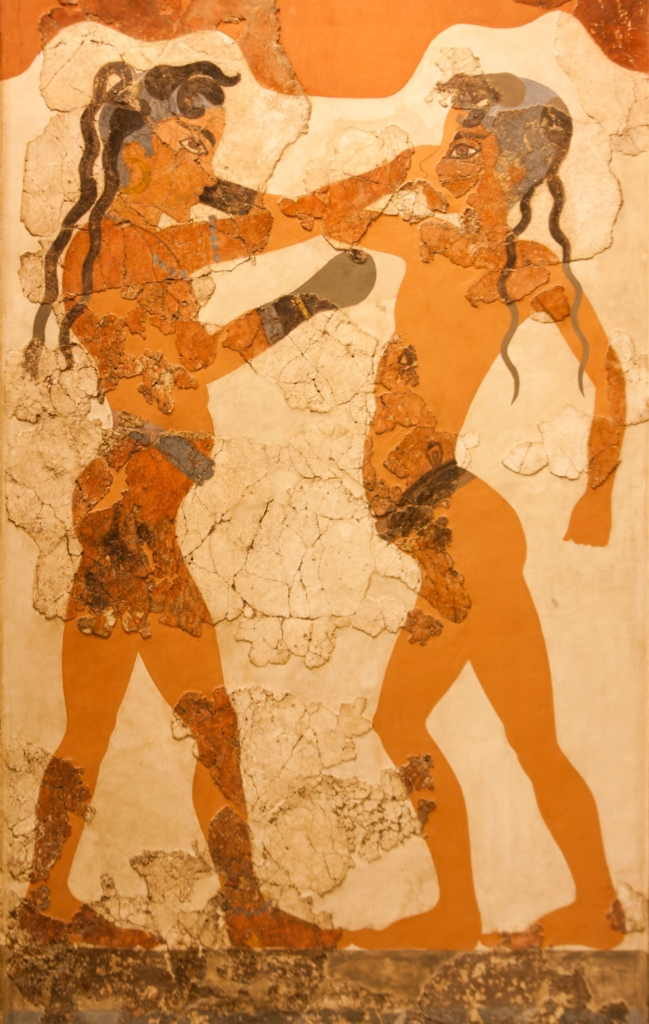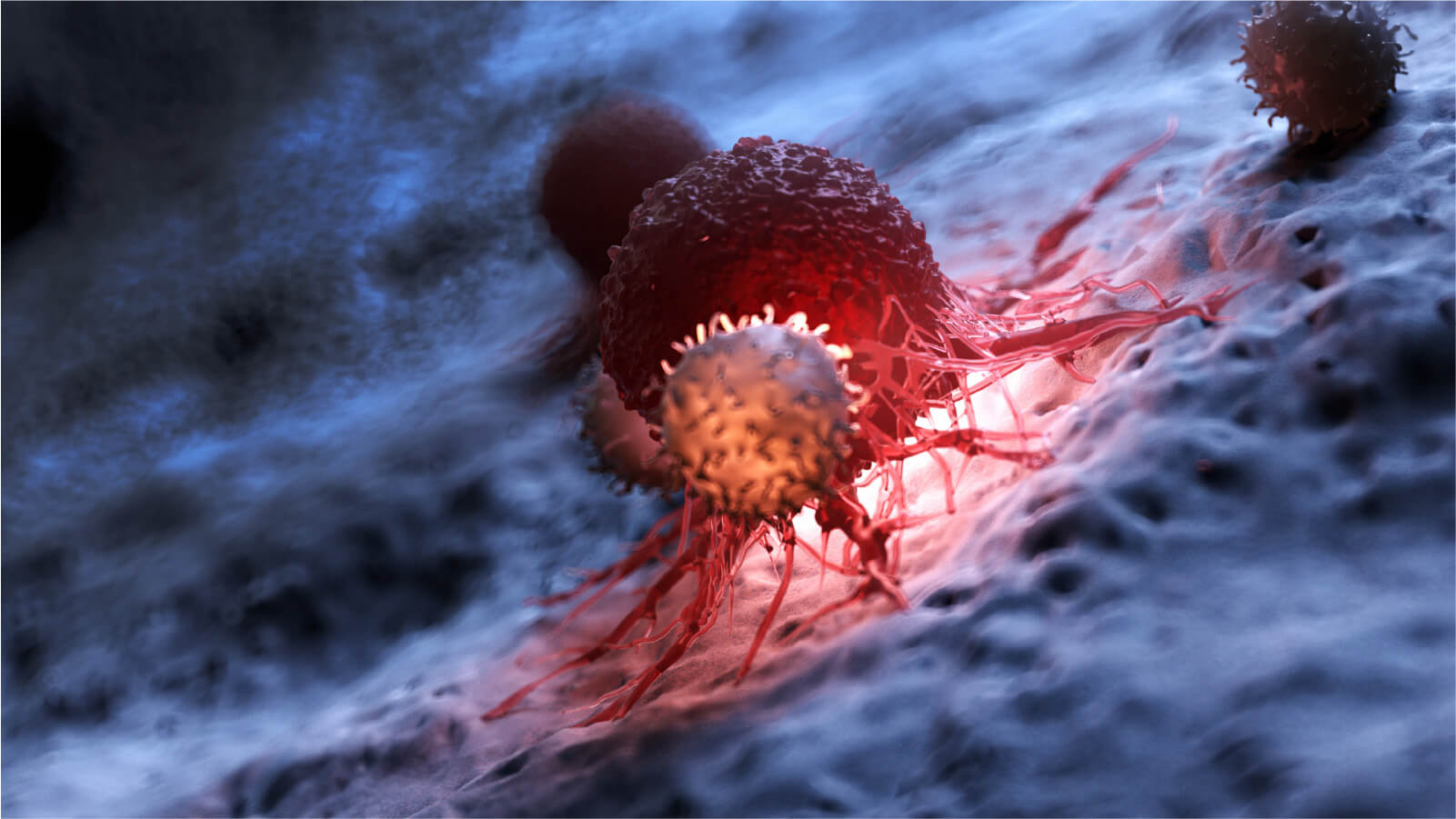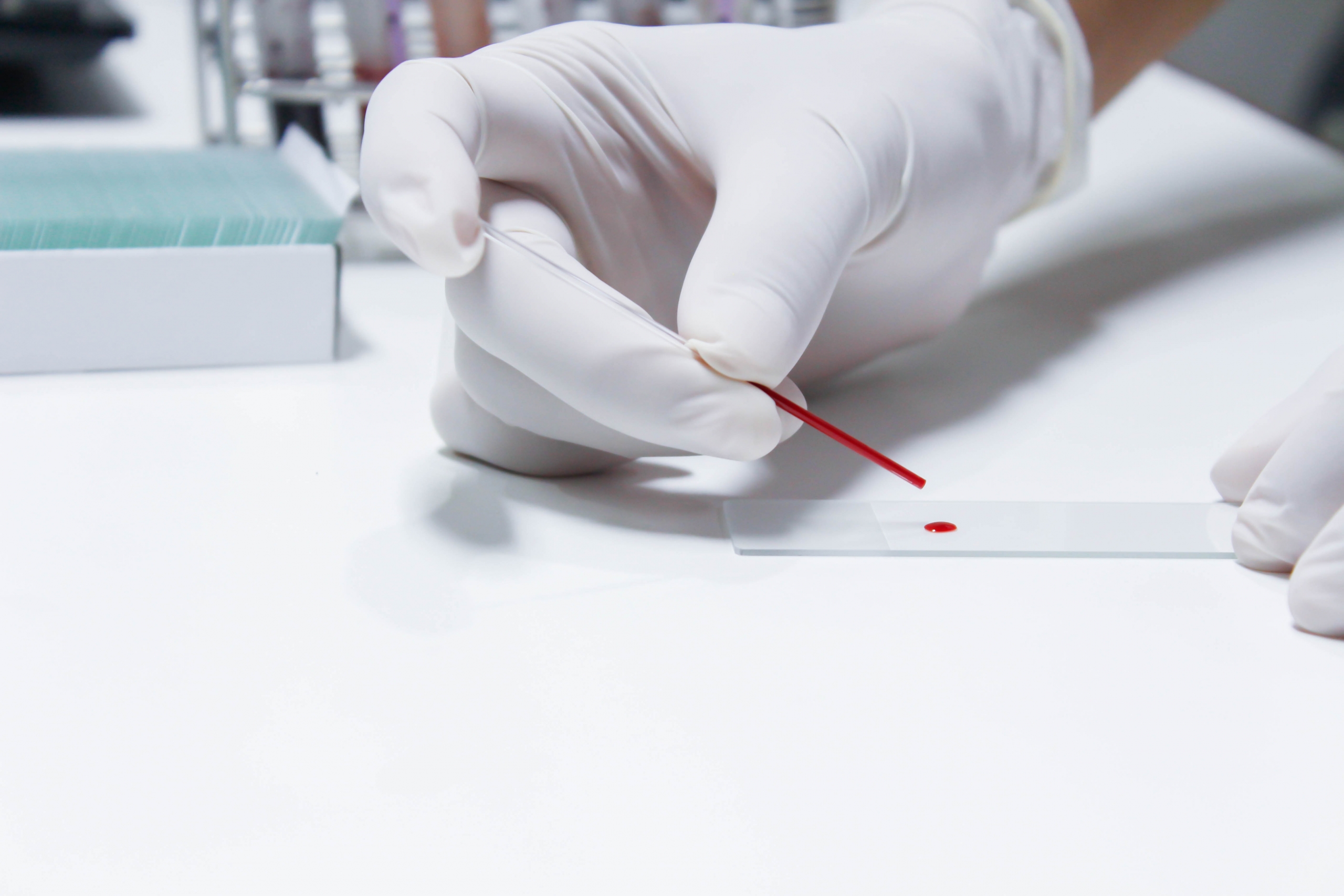Overview
Like all of the content in The Blood Project, the various entries in the humanities can be accessed on the eLearning page. However, they are also consolidated under this tab for those who wish to peruse the humanities content separately from the rest.
Why Humanities in The Blood Project?
The leading model of Western medicine, since the nineteenth century, has been the application of the physical sciences to problems of human health and disease. This approach has provided astonishing advances in the understanding and treatment of disease. But focus on the objective phenomena of disordered biology can neglect the subjective experience of being ill.
A model premised on progress in science tends to efface the past, which seems primitive, ignorant, and at best an early stage of advances yet to come. Alchemy, in this view, is nothing but pre-chemistry: superstitious, anti-scientific, and useless. But only in understanding the medicine of other times and places can we perceive that our own practices depend on a culture of medicine with assumptions, habits and limitations.
The aim of the Humanities in medicine is twofold. First, to redirect attention to subjective experience in health and disease—for patients, their families, the widening social circles that surround them, and the caregivers. Second, to understand modern medicine as a conditional culture that is not universal to time or place.
Thomas Sydenham, the great seventeenth century English physician, was once asked what book he recommended for the practice of medicine. His response: “Don Quixote … I read it still.”1.
With all this in mind, we hope you enjoy the essays, poems, creative writing, art interpretation and other offerings in our Humanities section.


Don’t Miss Out
Once a month, our newsletter will deliver the newest case-based learning resources and humanistic viewpoints straight to your inbox. Enter your name and email below.




